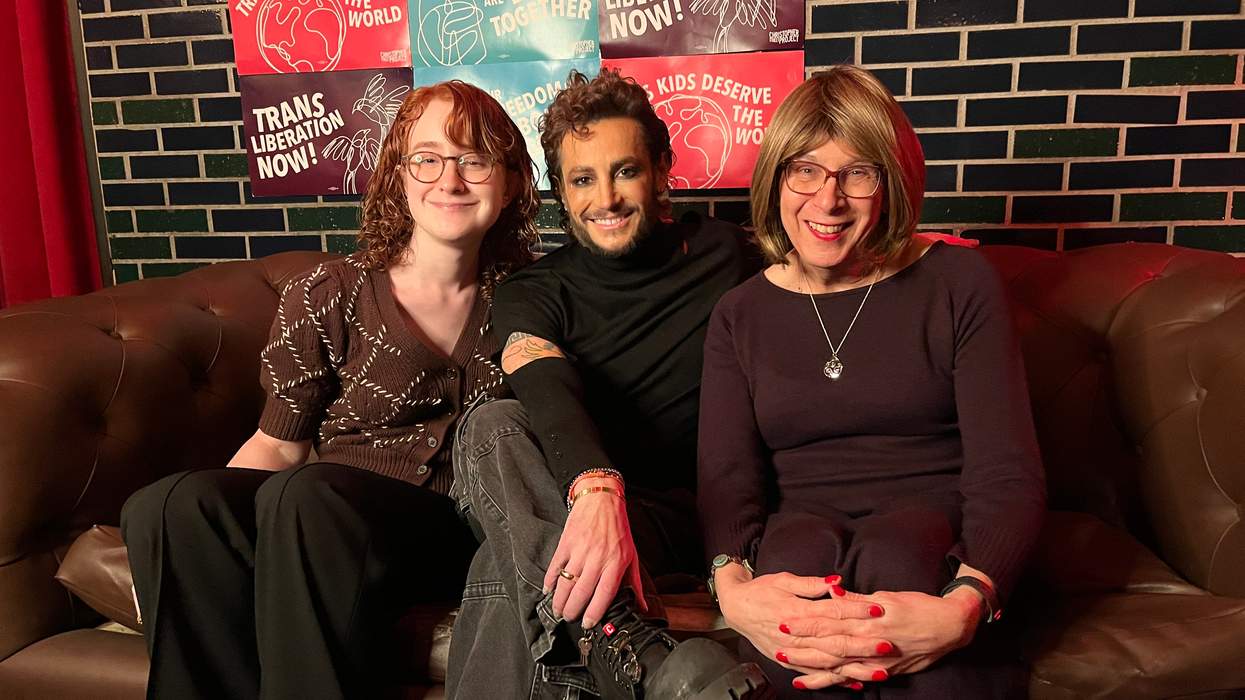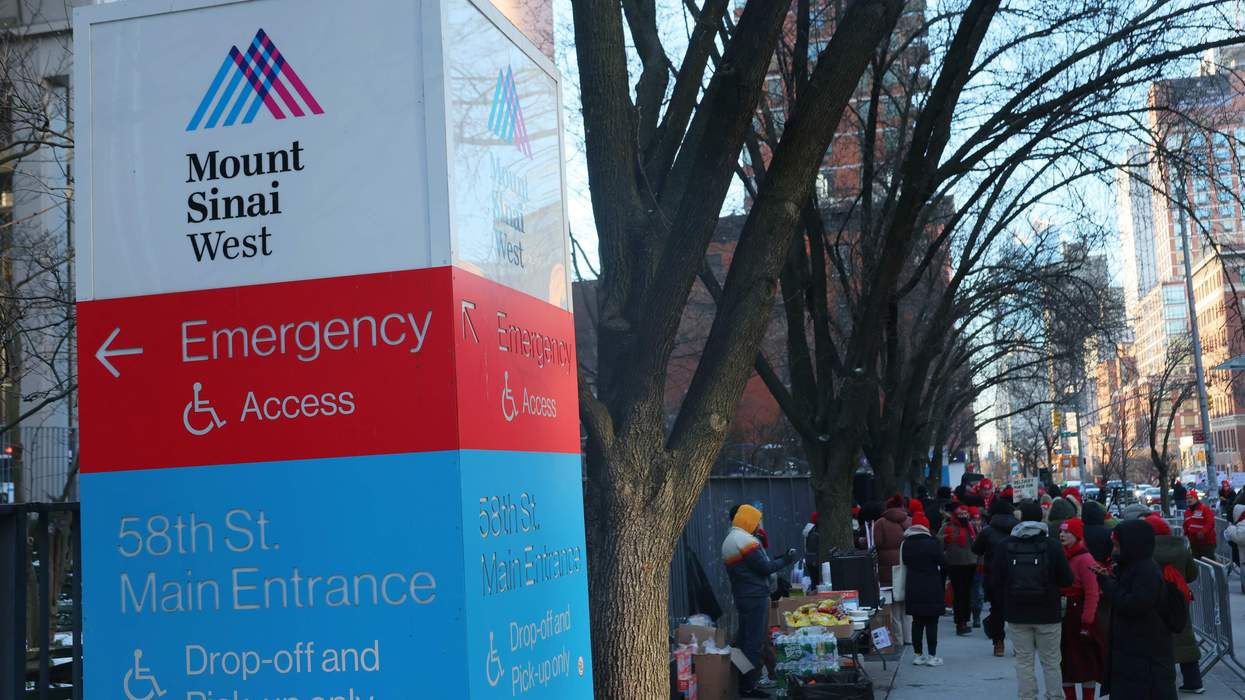Swiss AIDS experts said Thursday that some people with HIV who meet strict conditions and are under treatment can safely have unprotected sex with noninfected partners.
The proposal astonished AIDS researchers in Europe and North America who have long argued that safe sex with a condom is the single most effective way to prevent the spread of the disease -- apart from abstinence.
''Not only is (the Swiss proposal) dangerous, it's misleading and it is not considering the implications of the biological facts involved with HIV transmission,'' said Jay Levy, director of the Laboratory for Tumor and AIDS Virus Research at the University of California, San Francisco.
The Swiss National AIDS Commission said patients who can satisfy strict conditions, including successful antiretroviral treatment to suppress the virus and absence of any other sexually transmitted diseases, do not pose a danger to others. The proposal was published this week in the Bulletin of Swiss Medicine.
The Swiss scientists took as their starting point a 1999 study by the U.S. Centers for Disease Control and Prevention, which showed that transmission depends strongly on the viral load in the blood.
The other studies had also found that patients on regular AIDS treatment did not pass on the virus, and that HIV could not be detected in their genital fluids.
''Let's be clear, the decision has to remain with the HIV-negative partner,'' said Pietro Vernazza, head of infectious diseases at the cantonal hospital of St. Gallen in Switzerland and an author of the report.
The studies cited by the Swiss commission did not themselves definitively conclude whether people with HIV on antiretroviral treatment could safely have unprotected sex without passing on the virus.
The World Health Organization said Switzerland would be the first country in the world to try this approach.
''There is still some concern that you can never guarantee that somebody will not be infectious, and the evidence I have to say is not conclusive,'' said Charlie Gilks, director of AIDS treatment and prevention at WHO.
''We are not going to be changing in any way our very clear recommendations that people on treatment continue to practice safer sex, including protected sex with a condom, in any relationship,'' he added.
In any case, of the millions of people worldwide now receiving HIV treatment, only a very small number receive medical care comparable to that in Switzerland, Gilks said. (AP)















Charlie Kirk DID say stoning gay people was the 'perfect law' — and these other heinous quotes
These are some of his worst comments about LGBTQ+ people made by Charlie Kirk.